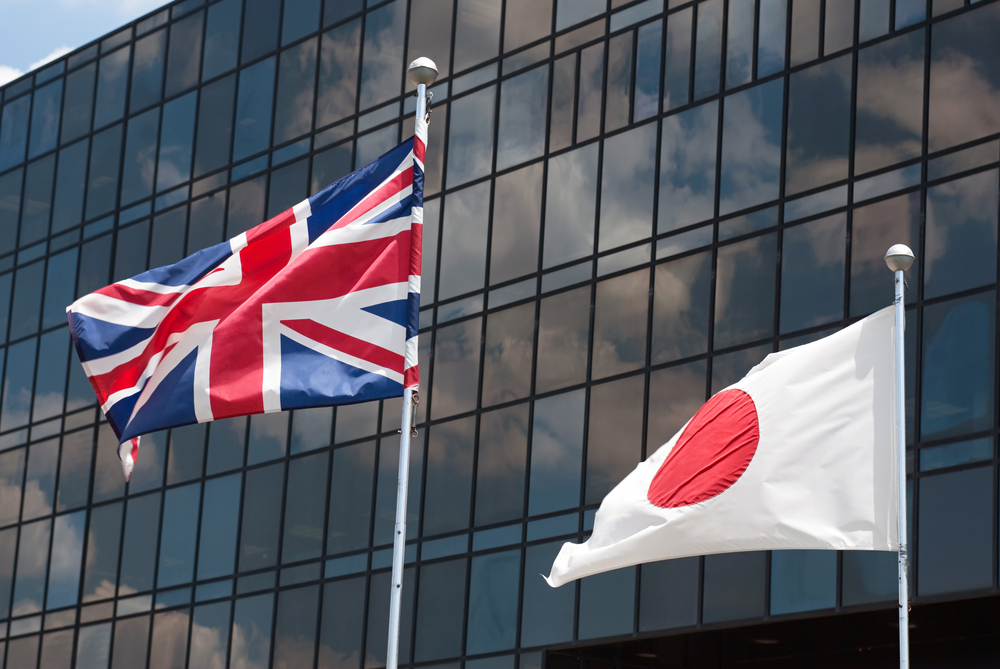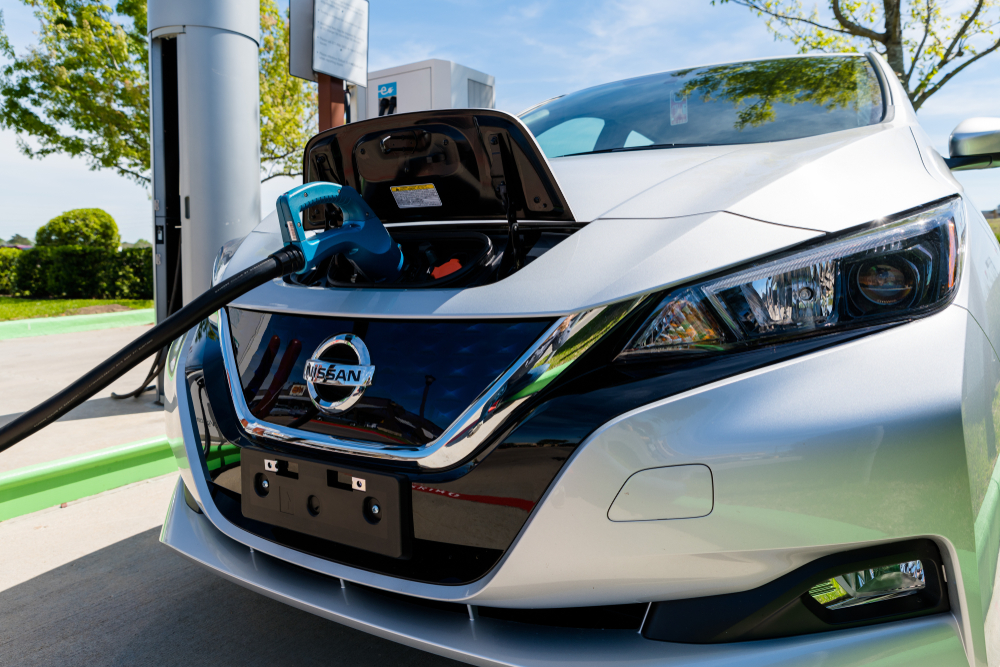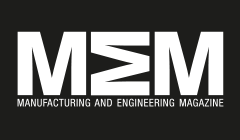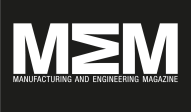Nissan and Renault to Open R&D Venture

A new joint venture has been established by Nissan and Renault in Shanghai, China, to develop autonomous, connected and electric vehicles. The Alliance Automotive Research and Development will be referred to as Alliance Innovation Lab Shanghai (AIL-SH), with the two companies each holding 50%. “China is not only the world’s largest auto market but is also at the leading edge of new technologies that will change the face of future mobility. From a strategic point of view, it is vital that the Alliance has a development hub in this thriving market, where the Alliance sold more vehicles than anywhere else in 2018. The knowledge and skills obtained here will be leveraged not just inside China but globally, helping to contribute to the demanding objectives of our Alliance 2022 mid-term plan,” said Takao Asami, Alliance SVP, research and advanced engineering. Under the Alliance 2022 mid-term plan, 12 new zero-emission electric vehicles are due to be launched by 2022, and 40 vehicles are to be introduced with different levels of autonomy and over 90% of vehicles will be connected cars globally. The plan also includes a commitment to operating robo-vehicle ride-hailing mobility services. “Shanghai is a leading hub for innovation in China for automotive related technologies and across a range of industries. By bringing together the talents of the Alliance with the range of expertise found in Shanghai and across China, we will be able to aggressively pursue open innovation that transcends industry boundaries and rapidly develop technologies driving the business growth of Alliance members,” said Kenju Kobayashi, the Alliance global director responsible for the AIL-SH.
Nissan Takes 34% Share in Mitsubishi Following Fuel Efficiency Scandal

Leading car manufacturer, Nissan, is to take a 34% share in Mitsubishi Motors, following a deal worth $2.2bn (approx £1.37bn). Nissan made the move as its fellow Japanese vehicle manufacturer took a hit with consumers over the fuel efficiency scandal last year. The part-acquisition makes Nissan the largest share-holder in the business â exceeding previous holder of the top spot, Mitsubishi Heavy Industries. Carlos Ghosn, Chief Executive of both Nissan and Renault said that one of the greatest challenges that Mitsubishi faces is restoring faith with customers and the venture would go some way to doing so. Osamu Masuko, Chief Executive of Mitsubishi Motors echoed his views. Mitsubishi experienced a significant slump in sales after news of the scandal broke last month. It was revealed that some of the firmâs employees had inflated rates of fuel efficiency by as much as 10% on four, different models of petrol vehicles in a bid to close deals with customers. Just yesterday, it stated that a further nine more models were affected â putting its entire range under new scrutiny. The OEM later admitted that procedures of fuel efficiency testing used had not been compliant since 1991. Since news of the scandal came to light, Mitsubishiâs share price has fallen by 43%. Long-standing partner and new investor Nissan also took a hit with a drop of 1.6%. Whilst itâs been described as risky move by some business analysts who note that it could have a detrimental effect of Nissanâs own reputation, many have cited the joining of the two as a new opportunity for growth. As OEMs are encouraged to pool resources in order to keep abreast of the emergence of telematics and autonomous driving technologies, this latest merger could well be the making of he two firms. And, of course, itâs well-known that both Nissan and Mitsubishi remain key players in the alternative fuel market thus the feeling is very much, Watch this space.
Electric Cars Gain Traction in the UK Market

If market sales and the sheer number of models on offer is anything to go by, electric cars may well have proved a viable alternative to either petrol or diesel-powered vehicles. Against initial criticisms over price, capability and luxury, a number of recent releases have taken the market by storm â attending to previous shortcomings with some flourish. We take look at some of the best on todayâs market. Nissan Leaf (£16,290-£24,990 depending on spec. and leasing) The Nissan Leaf has fast-become one of the most popular electric cars in the UK, largely thanks to its makersâ affordable pricing. Not only representing a small investment for consumers but also fairing reasonably well in terms of torque, the Leaf is by and large the economical option which allows drivers to go green at relatively little expense. It also ticks the luxury box: Nissanâs electric car also allows drivers to precondition their vehicle to a set temperature as well as providing live monitoring data on the interior environment. BMW i3 (starts at £25,680) Retaining the rear wheel drive of like petrol and diesel BMW counterparts, it takes only a second to realise the i3 is yet widely different to any other BM drive. Powered by a 168hp electric motor, the i3 has a considerably higher rate of acceleration than many electrics cars on the market and with a stylish interior and sculpted exterior, it remains the tall glass of water than buyers are looking for in a car. Making use of a carbon fibre-infused body, the i3 typically achieves some 80 miles of charge and, like the Leaf, offers users ultimate control of preconditioning settings with the use of an app. Renault Zoe (starts at £13,945) Whilst certainly not the most luxurious electric car on the market, the Renault Zoe is, by some, margin, the cheapest and when one considers the efficiencies and power it provides that low-cost pricing is some feat by the French manufacturer. Alongside a more than adequate cabin, the Zoe in fact offers two distinct driving modes â Eco and Normal â thus drivers enjoy the best of both worlds: an environmentally-sound drive and one with decent torque and acceleration. Indeed, in Normal mode, the Zoe can achieve speeds of 30mph in under four seconds. Tesla Model S (£55,000-£85,000) Tesla has been a forerunner in the electric car industry for some years and the Model S very much continues the manufacturerâs hold on the EV market. Understated but sleek and modern on the outside, itâs beneath the carâs bonnet that the Tesla Model S tears strips off any like competitors. Able to hit 60mph in just 2.6 seconds (in Ludicrous mode), the car is also highly capable for inner-city as well as long haul drives. With a 90kWh battery, the Model S can travel 330 miles on full charge. Pioneering technology continues with fully autonomous Autopilot mode, and an attractive, 17in touch screen dashboard. Though a somewhat pricier venture into EV, drivers are sure to be impressed. And so, with a great variety of models now flooding the market and new improvements to charging infrastructure, electric cars are only increasing in popularity. Indeed, sales of electric vehicles were up 58% year-on-year between 2014 and 2015. With enhanced capabilities and attention paid to former flaws, manufacturers may well achieve a repeat performance this year.



